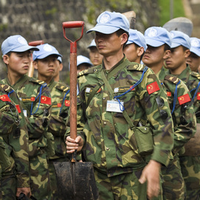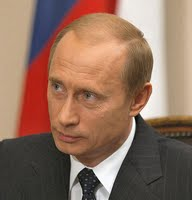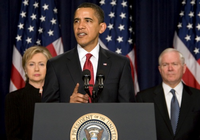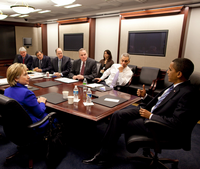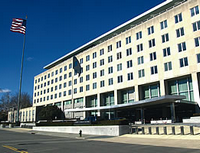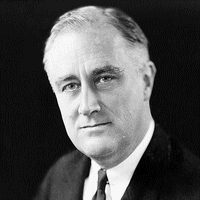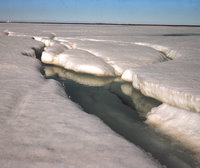
With the Arctic warming twice as fast as the rest of the globe, the ice that covers the Arctic Circle continues to dwindle. Recent estimates suggest that the area will experience ice-free summers by 2030. Until now, the United States has largely avoided the frantic race for control of northern waters. But with the pace of the thaw exceeding expectations, the Navy has launched a strategic plan, the Naval Arctic Roadmap (.pdf), to maximize the U.S. stake in the Arctic. The plan was written by the newly launched Navy Task Force on Climate Change (TFCC), created last May amid growing […]

